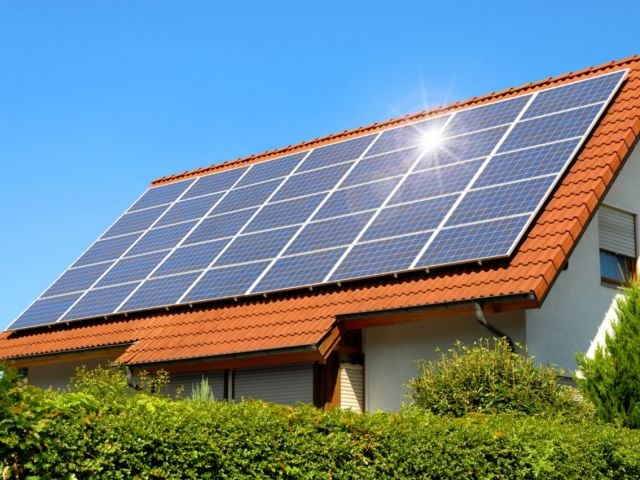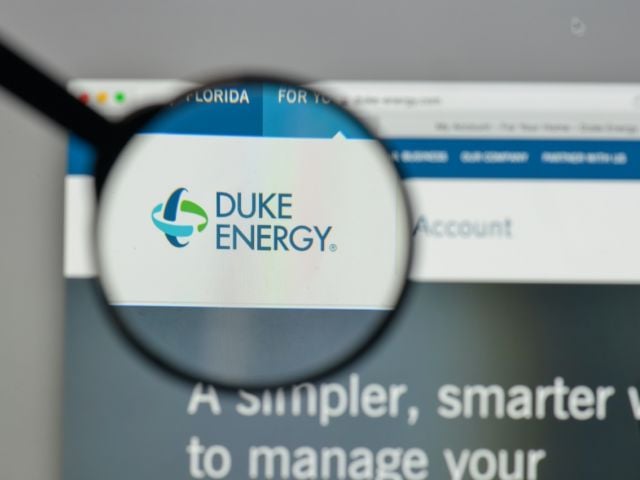WASHINGTON – The Senate is likely to pass legislation that would fail to extend tax credits for renewable energy and electric vehicles but does include financial incentives for coal, natural gas and nuclear power – the direct opposite of what’s needed for America’s transition to a clean energy future.
Sen. Ron Wyden of Oregon, the top-ranking Democrat on the Senate Finance Committee, said it would take a miracle for the Republican-controlled upper chamber to agree to include an extension of certain federal tax credits for renewables and EVs in the comprehensive energy bill now under consideration.
"Unless we have a miracle on the floor . . . we’re not going to win this round,” Wyden said in a speech Wednesday to the American Council on Renewable Energy, according to a report in Utility Dive.
Last week, Sens. Lisa Murkowski (R-Alaska) and John Manchin (D-W.Va.) introduced the American Energy Innovation Act. It has no language to extend tax incentives for renewables, electric vehicles and energy efficiency. But it includes financial incentives for the natural gas and nuclear industries, and for dubious technology the coal industry claims would enable the capture of carbon emissions.
“Renewable energy tax incentives should be the foundation of any energy legislation the Senate considers,” said EWG President Ken Cook. “The clean energy revolution sweeping the nation was in large part sparked by these forward-thinking tax policies. Failing to extend and build on them in the Senate’s energy bill, while giving incentives to dirty and dangerous energy sources, is exactly the wrong direction for America.”
The Senate bill does include some positive provisions, including providing R&D support for solar and funds for piloting energy storage projects.
Wyden has introduced an amendment to the Murkowski-Manchin bill to continue and expand incentives to invest in clean transportation, renewable energy, energy storage and energy efficiency. Among other provisions to boost renewables and reduce greenhouse gas emissions, Wyden’s amendment would:
- Expand EV tax credits through 2024 for an additional 600,000 vehicles from each manufacturer and extend them to fuel cell vehicles.
- Extend the production and investment tax credits for solar, wind and other renewables.
- Make permanent the tax deduction for energy efficient commercial buildings.
According to Utility Dive, Rep. Paul Tonko (D-N.Y.), a senior member of the House Energy and Commerce Committee, told reporters that any legislation that does not include key renewable energy provisions would have a difficult time passing the Democratic-controlled House.
###
The Environmental Working Group is a nonprofit, non-partisan organization that empowers people to live healthier lives in a healthier environment. Through research, advocacy and unique education tools, EWG drives consumer choice and civic action.


